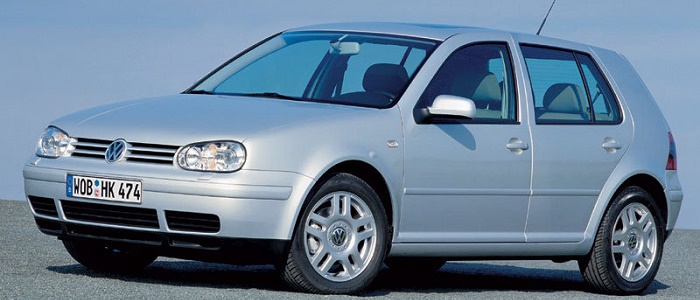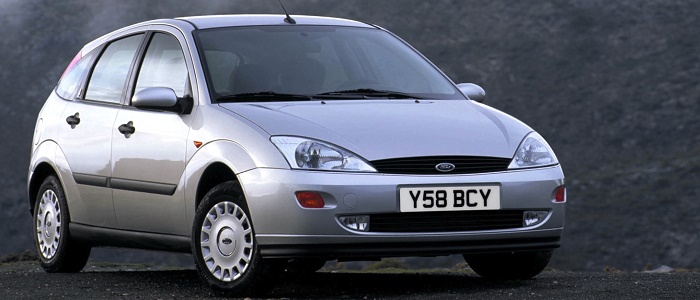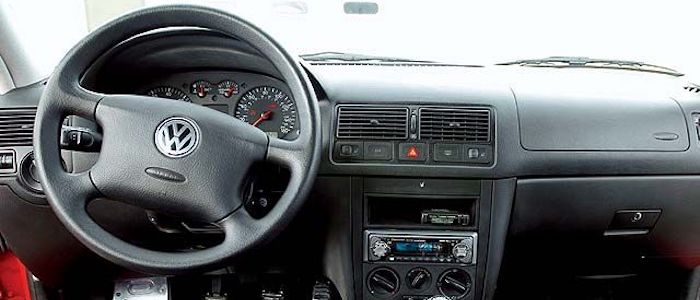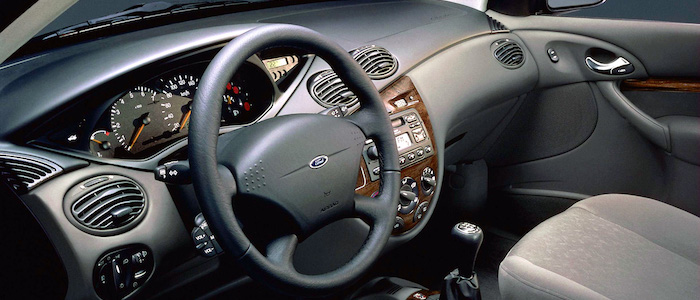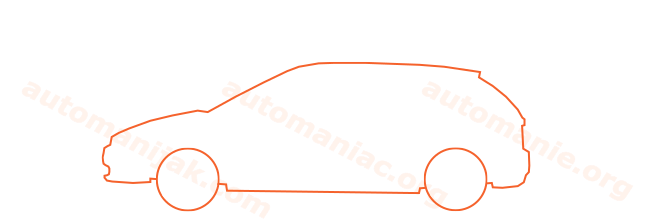Compare two cars
Compare any two cars and get our Virtual Adviser™ opinion
Dimensons & Outlines
Check vehicle history
Engine
Performance (manual gearbox)
Performance (automatic gearbox)
Expenses
Virtual Adviser's™ opinion
Two significantly similar cars, no doubt about that. Still, each one has something different to offer. Having both cars powered by diesel engines and utilizing the 5-door hatchback body style within the same 'Small family car' segment, the only major difference here really is their wheel drive configuration (4 x 4 for the Volkswagen and front in the case of the Ford). The first one has a Volkswagen-engineered powertrain under the hood, a 4-cylinder, 8-valves 150hp unit, while the other one gets its power and torque from a 4-cylinder, 16-valves 115hp engine designed by Ford.
SafetyBoth vehicles got tested by European New Car Assessment Programme (Euro NCAP), with the same number of safety stars gained in the process. That aside, let's consider some other aspects which affect safety. Both vehicles belong to the small family car segment, which is generally classifying them somewhere in the middle safety-wise, still it doesn't help us solve our dilemma, does it?
ReliabilityI don't like generalizing things when it comes to reliability, although it does seem that Ford does have a slight advantage, all the models observed together. These are the official statistics, while our visitors describe reliability of Volkswagen with an average rating of 4.2, and models under the Ford badge with 4.4 out of 5. Independent research findings rank Golf as average reliability-wise, and Focus is more or less at the same level.We should definitely mention that owners of cars with the same powertrain as the German car rank it on average as 4.2, while the one under the competitor's bonnet gets 4.4 out of 5.
Performance & Fuel economyVolkswagen is undoubtly more agile, reaching 100km/h in 2 seconds less than its competitor. In addition to that it accelerates all the way to 211 kilometers per hour, 18km/h more than the other car. When it comes to fuel economy the winner has to be the American car, averaging around 5.5 liters of fuel per 100 kilometers (51 mpg), in combined cycle. We can't ignore that 13% difference compared to the German car.
Verdict
Ford appears just a bit more reliable, although the difference is truly marginal. The most important thing when deciding between any two vehicles should always be safety, both passive and active. In this case though, it seems that both cars show similar levels of passenger protection all together, so that won't break a tie. But one thing that actually could is the performance, with Volkswagen outracing its opponent in any situation possible, making it better choice for boy racers. It does come at a cost though, and that's the fuel consumption... At the end, as much as I'd like to give you a winner here, it's simply a pure tie if you ask me. Anyway, that's the most objective conclusion I could've came up with and it's based solely on the information found on this website. Aspects such as design, practicality, brand value and driving experience are there for you to measure them out. I suggest you spend two more minutes in order to find out which car, based on your needs and budget, would be picked by the virtual adviser™, among more than 12.000 different ones in our database.






















